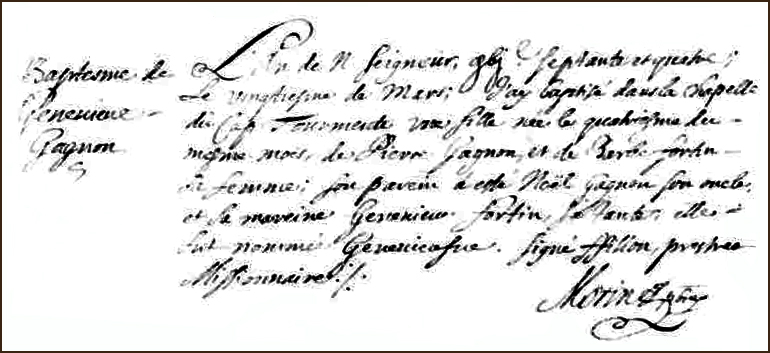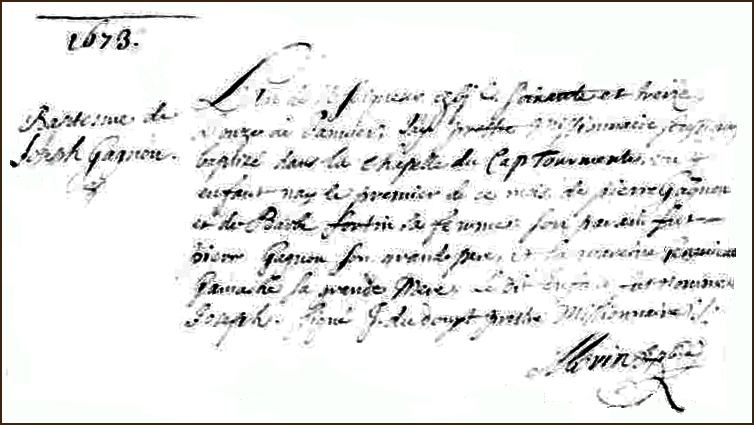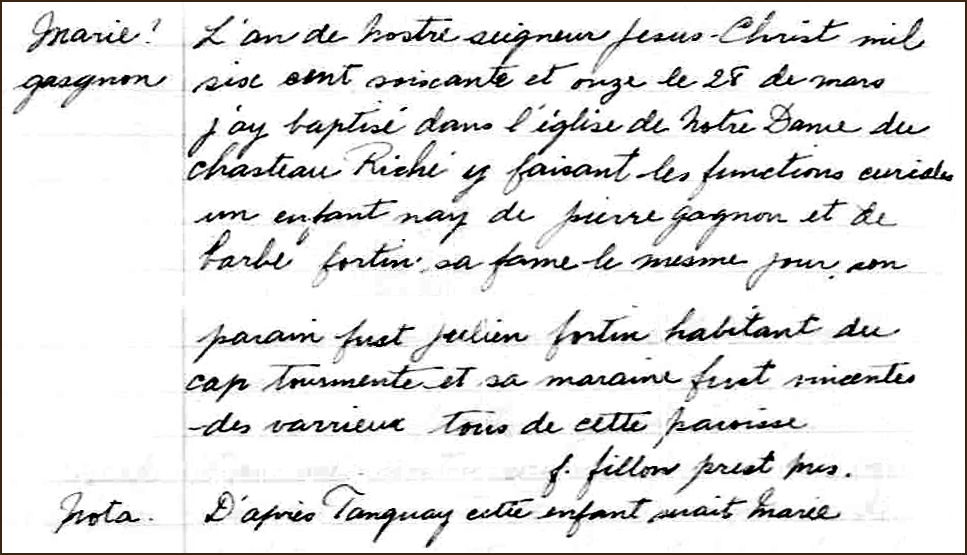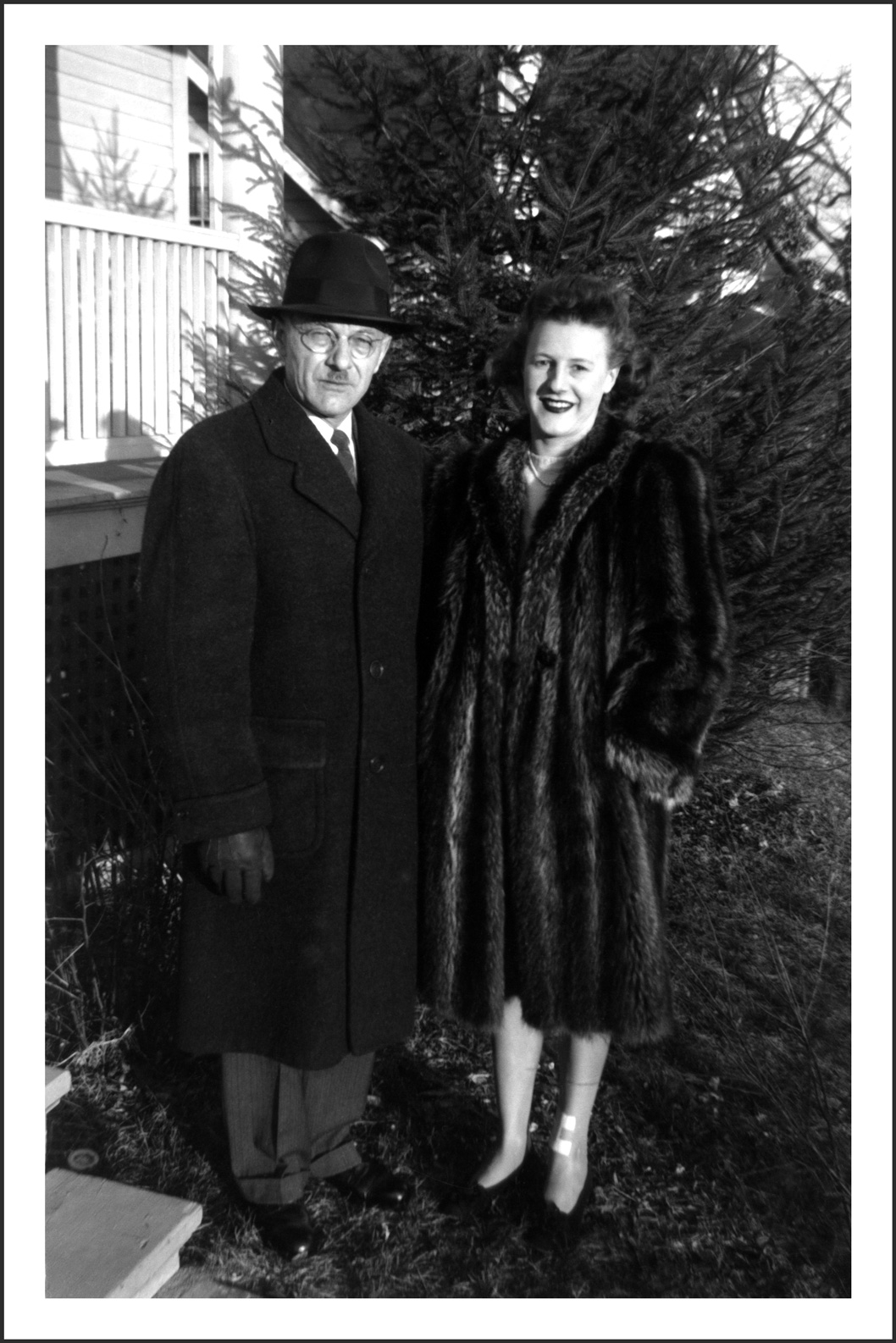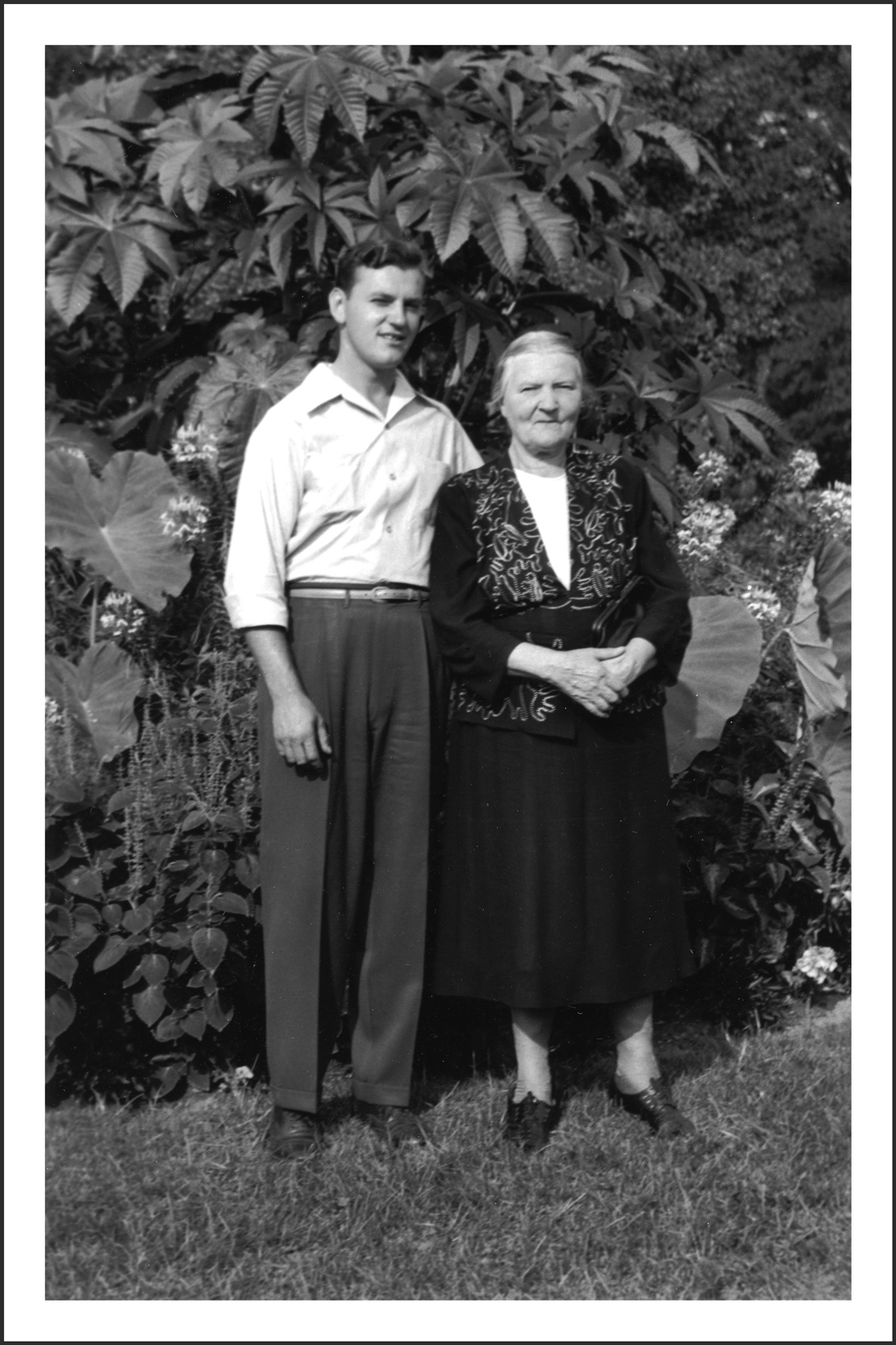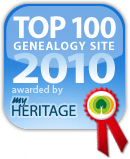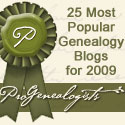On 14 Mar 1674, Genevií¨ve Gagnon, daughter of Pierre Gagnon and Barbe Fortin, was born. She was baptized in the Chapel of Cap Tourmente, Ste. Anne de Beaupré, Québec, New France on 20 Mar 1674.
The Birth and Baptismal Record of Genevií¨ve Gagnon – 1674
SOURCE: Gabriel Drouin, comp. Drouin Collection. Montréal, Québec, Canada: Institut Généalogique Drouin. Ste. Anne de Beaupré, Québec, New France, 1674. Birth and Baptismal Record of Genevií¨ve Gagnon, Page 21.
Click on the image above to enlarge it. Click on the link for a PDF copy of the Birth and Baptismal Record of Genevií¨ve Gamache – 1674. Translated from the French the record reads:
Baptism of Genevií¨ve Gagnon
In the year of Our Lord [one-thousand six-hundred] seventy-four, on the twentieth of March, I baptized in the Chapel of Cap Tourmente a girl born on the fourteenth of this month to Pierre Gagnon and Barbe Fortin – his wife. The Godfather was Noí«l Gagnon, uncle, and the Godmother was Genevií¨ve Fortin. This infant was named Genevií¨ve. Signed F. Filion, Priest Missionary :/:
                       Morin, Priest
This record can be found as image 18/877 in the Québec Vital Records (Drouin Collection), 1621-1967 on Ancestry.com as part of the records for Ste-Anne-de-Beaupré 1668-1808. The record appears on page 21.
Copyright © 2008 by Stephen J. Danko

